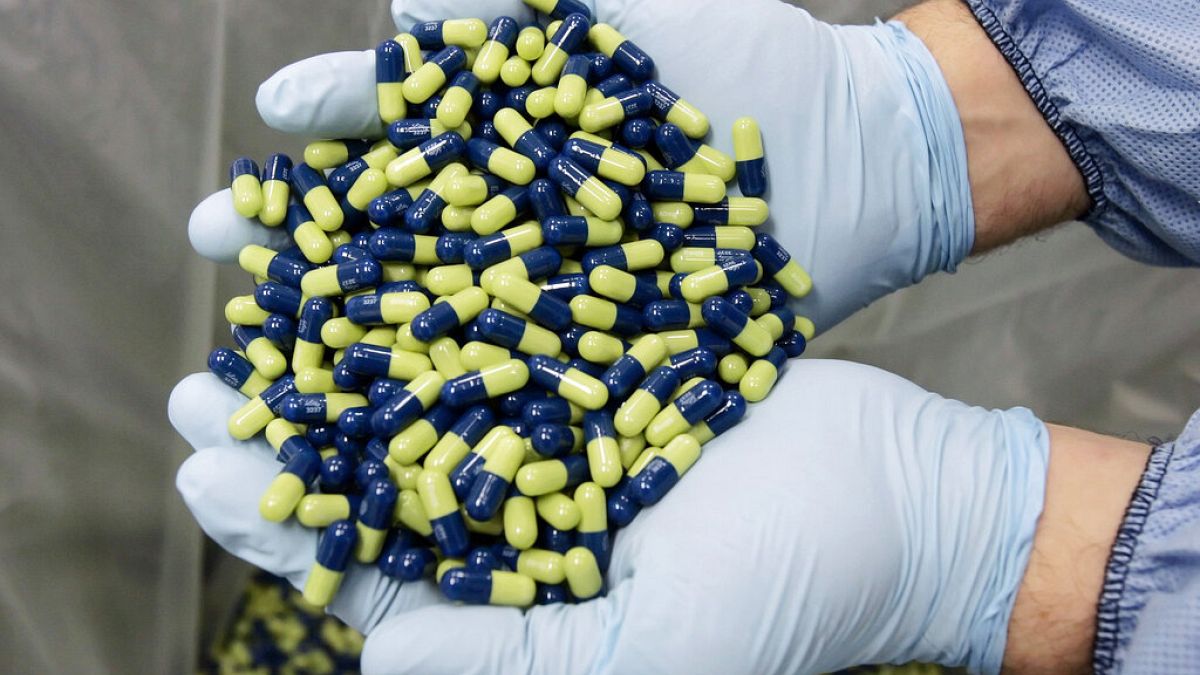The European Commission will propose an update of its pharmaceutical legislation by the end of this year.
Europe needs to search for new antibiotics as bacterial resistance is increasing. This is one of the biggest threats to "global health, food security, and development", says the World Health Organization.
One of the main concerns is the role of the pharmaceutical industry. While the European Commission is now trying to revise its pharmaceutical legislation, it still needs to see how the sector will act.
Manufacturers are trying to defend their interests, albeit not without controversy. They argue that finding new molecules requires more investment in research. This, however, remains highly expensive, and the pharmaceutical industry says it is not profitable enough for them to invest in this.
Thus, to promote a bigger financial effort for new antibiotics, they are asking for extensions on the exclusivity of the patents they already hold on other more profitable drugs, like anti-anxiety medication or antidepressants.
Pharmaceutical companies say it’s a matter of health.
"As we know AMR (antimicrobial resistance) is the biggest global pandemic," says Nathalie Moll, director general of the European Federation of Pharmaceutical Industries and Associations). Organisations believe it is going to cost "more than a trillion euros a year as of 2030".
"It's killing 400,000 people a year in the EU".
The companies say that with the extension of the patents they would have more money to investigate new antibiotics to fight infections. "The benefit would be to make sure that we can incentivize and get 2 to 4 antibiotics on the market every year", says Moll.
Higher costs for citizens
But while this proposal may be beneficial for companies, this is not the case for everyone else.
Consumer organisations consider the system scandalous and believe that the extension of the patents will have great costs on citizens and health systems.
"If we continue to apply this exclusivity beyond the expiry of the initial patent, it means that the consumer has to pay more. So there is no such thing as a cheaper product, a generic product, or a biosimilar product", says Monique Goyens, director general of the European Consumers' Organisation (BEUC).
It will also impact on the availability and the medicines the health systems can afford. "It means that (the consumer) has less choice and they have to pay more".
"In some countries, the treatment is simply not available because some pharmaceutical companies only sell in certain countries because it is more profitable there", added Goyens.
The European Commission told Euronews that the "mechanism is being discussed in the context of the review of pharmaceutical legislation” and that it has "several options on the table".
An updated EU pharmaceutical legislation is expected to be proposed by the end of 2022.
Consumer organisations are concerned that these discussions will not be become a part of public debates.


